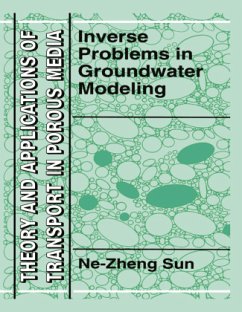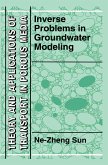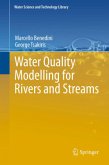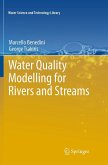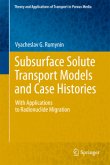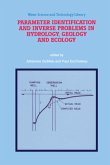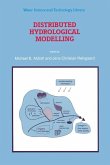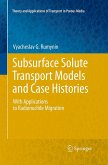... A diskette with the updated programme of Appendix C and examples is available through the author at a small fee.
email: nezheng@ucla.edu
fax: 1--310--825--5435 ...
This book systematically discusses basic concepts, theory, solution methods and applications of inverse problems in groundwater modeling. It is the first book devoted to this subject.
The inverse problem is defined and solved in both deterministic and statistic frameworks. Various direct and indirect methods are discussed and compared. As a useful tool, the adjoint state method and its applications are given in detail. For a stochastic field, the maximum likelihood estimation and co-kriging techniques are used to estimate unknown parameters. The ill-posed problem of inverse solution is highlighted through the whole book. The importance of data collection strategy is specially emphasized. Besides the classical design criteria, the relationships between decision making, prediction, parameter identification and experimental design are considered from the point of view of extended identifiabilities. The problem of model structure identification is also considered.
This book can be used as a textbook for graduate students majoring in hydrogeology or related subjects. It is also a reference book for hydrogeologists, petroleum engineers, environmental engineers, mining engineers and applied mathematicians.
Hinweis: Dieser Artikel kann nur an eine deutsche Lieferadresse ausgeliefert werden.
email: nezheng@ucla.edu
fax: 1--310--825--5435 ...
This book systematically discusses basic concepts, theory, solution methods and applications of inverse problems in groundwater modeling. It is the first book devoted to this subject.
The inverse problem is defined and solved in both deterministic and statistic frameworks. Various direct and indirect methods are discussed and compared. As a useful tool, the adjoint state method and its applications are given in detail. For a stochastic field, the maximum likelihood estimation and co-kriging techniques are used to estimate unknown parameters. The ill-posed problem of inverse solution is highlighted through the whole book. The importance of data collection strategy is specially emphasized. Besides the classical design criteria, the relationships between decision making, prediction, parameter identification and experimental design are considered from the point of view of extended identifiabilities. The problem of model structure identification is also considered.
This book can be used as a textbook for graduate students majoring in hydrogeology or related subjects. It is also a reference book for hydrogeologists, petroleum engineers, environmental engineers, mining engineers and applied mathematicians.
Hinweis: Dieser Artikel kann nur an eine deutsche Lieferadresse ausgeliefert werden.

